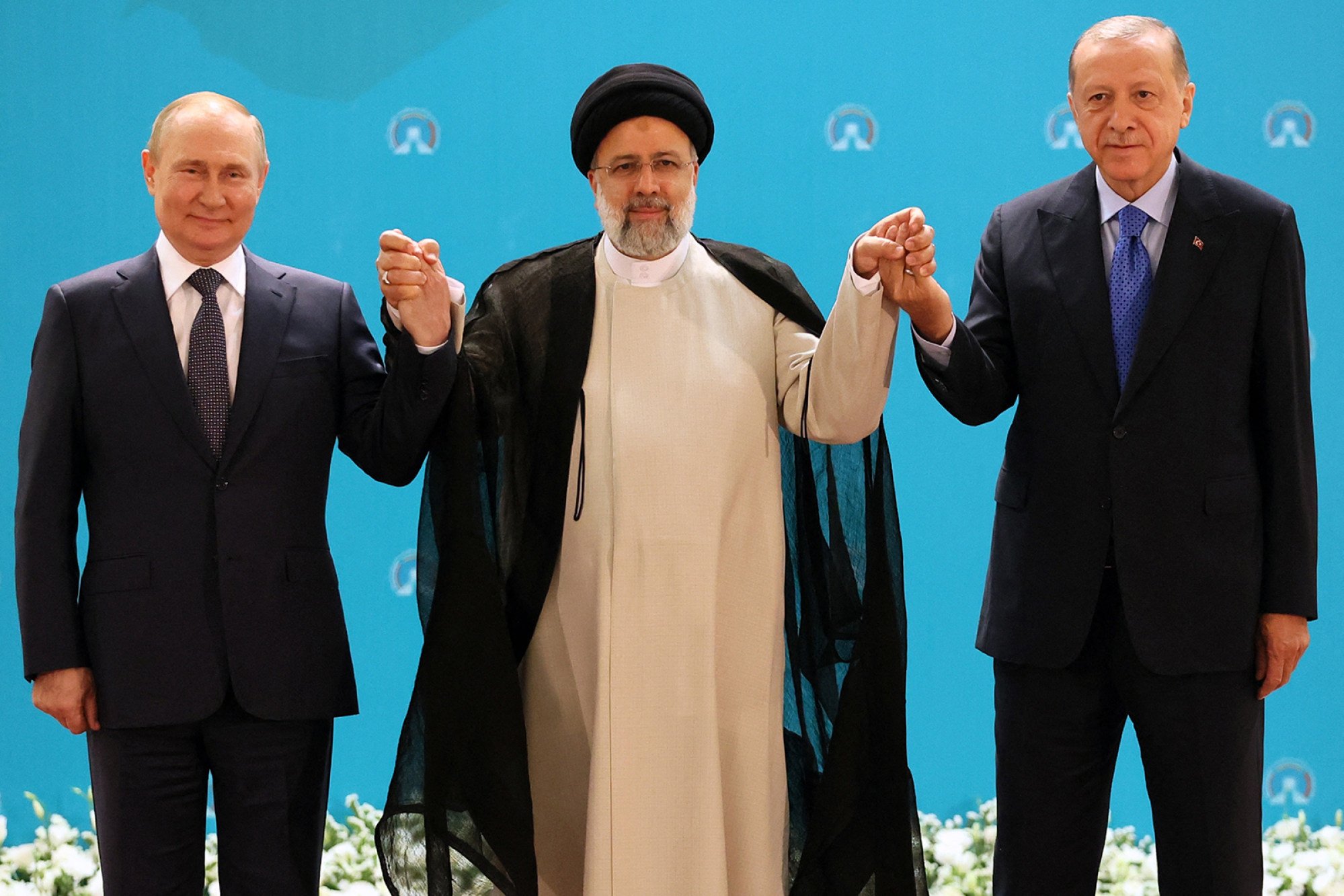
After decades of US hegemony, the global shift away from the dollar is suddenly picking up speed
- With Asean, BRICS and Shanghai Cooperation Organisation members pushing to settle trade and payments with each others’ currencies, the rush to ‘de-dollarise’ is gaining momentum
- States put off by US sanctions and a weaponised dollar are increasingly taking advantage of the rise in alternatives to the US-led economic system
Such mechanisms lay the foundation for further cooperation among US-sanctioned states like Venezuela, Cuba and North Korea. With China in the mix, the SPFS can create a geopolitically challenging environment for the US in places where it seeks influence but has little or no economic sway.

If Western diplomatic and economic sanctions like the ones placed on Russia were applied to Beijing, it would be virtually impossible for global economies to trade properly. Even secondary US sanctions on third parties could make these countries pariahs, causing problems for those who trade with them – and, very likely, a global financial collapse.
A quarter of the world already suffers directly from US sanctions. Last year, President Joe Biden issued a record nearly 2,500 sanctions, up from 883 in his first year, averaging 1,688 per year. In comparison, Trump averaged 1,027 sanctions a year, Barack Obama 533 and George W. Bush 435.
But, as US senator Marco Rubio said in a recent interview, “in five years … there’ll be so many countries transacting in currencies other than the dollar that we won’t have the ability to sanction them.”
The rush to de-dollarise is gaining unprecedented momentum as an expression of low confidence in the US currency – its stability and reliability are being questioned as interest grows in alternative investments such as other currencies and gold.
An alternative global financial order led by China and Russia would democratise the economic space. It would bring checks and balances absent from the US-led economic order, which is unilateral and dictatorial in practice, and a tool to target those who disagree with America’s world view.
After decades of US unilateralism, de-dollarisation has suddenly gained momentum in just a few weeks. A quote by Vladimir Lenin sums it up: “There are decades where nothing happens, and there are weeks where decades happen.”
Sameed Basha is a defence and political analyst with a master’s degree in international relations from Deakin University, Australia

